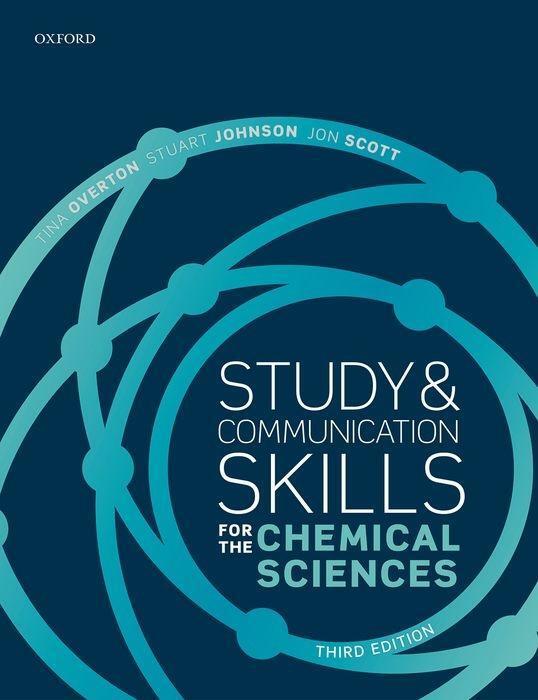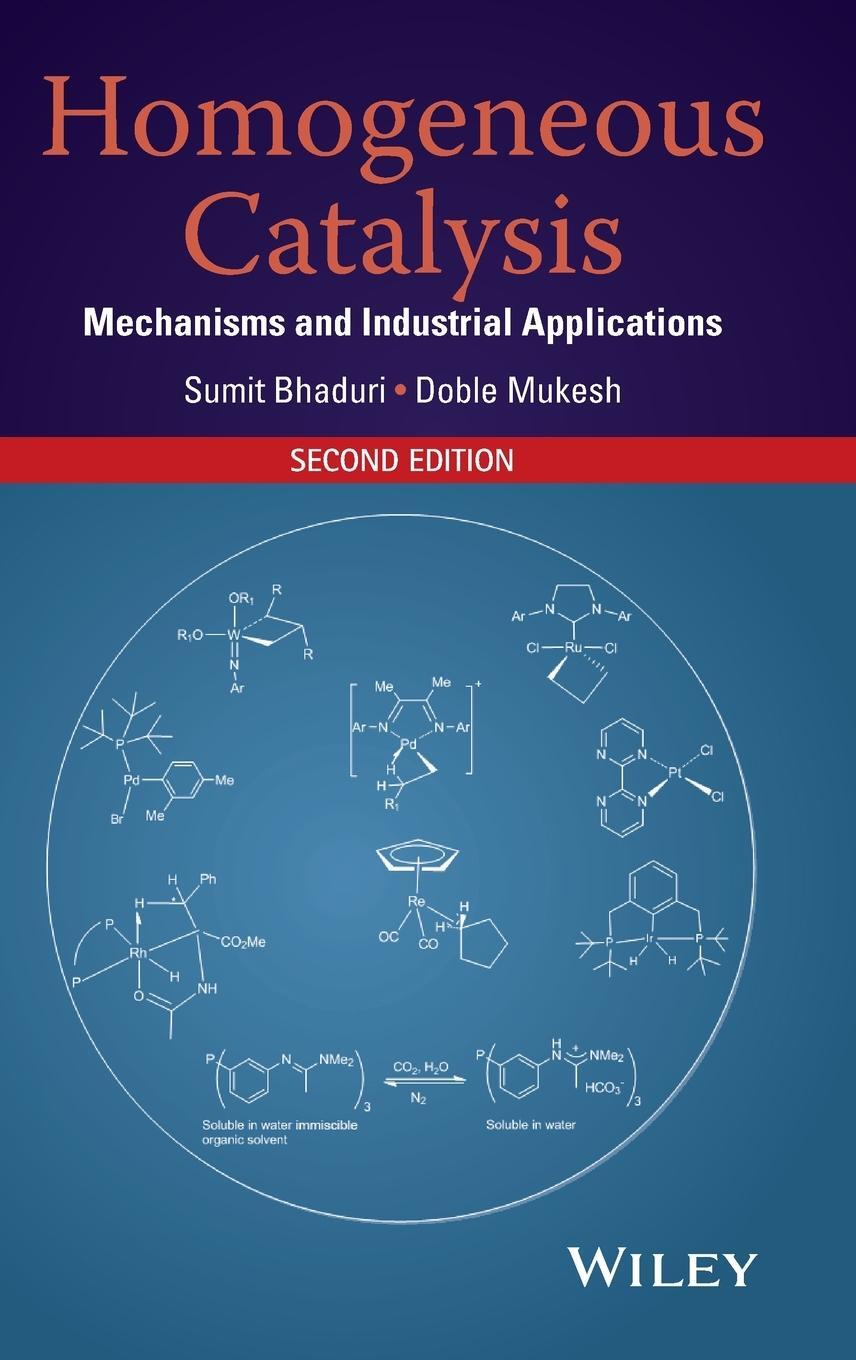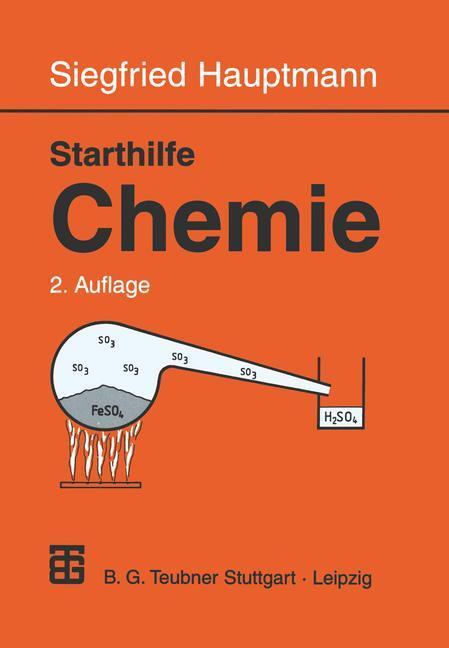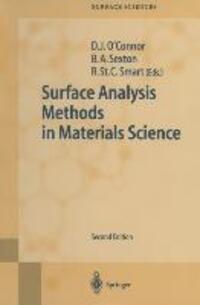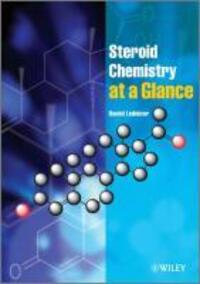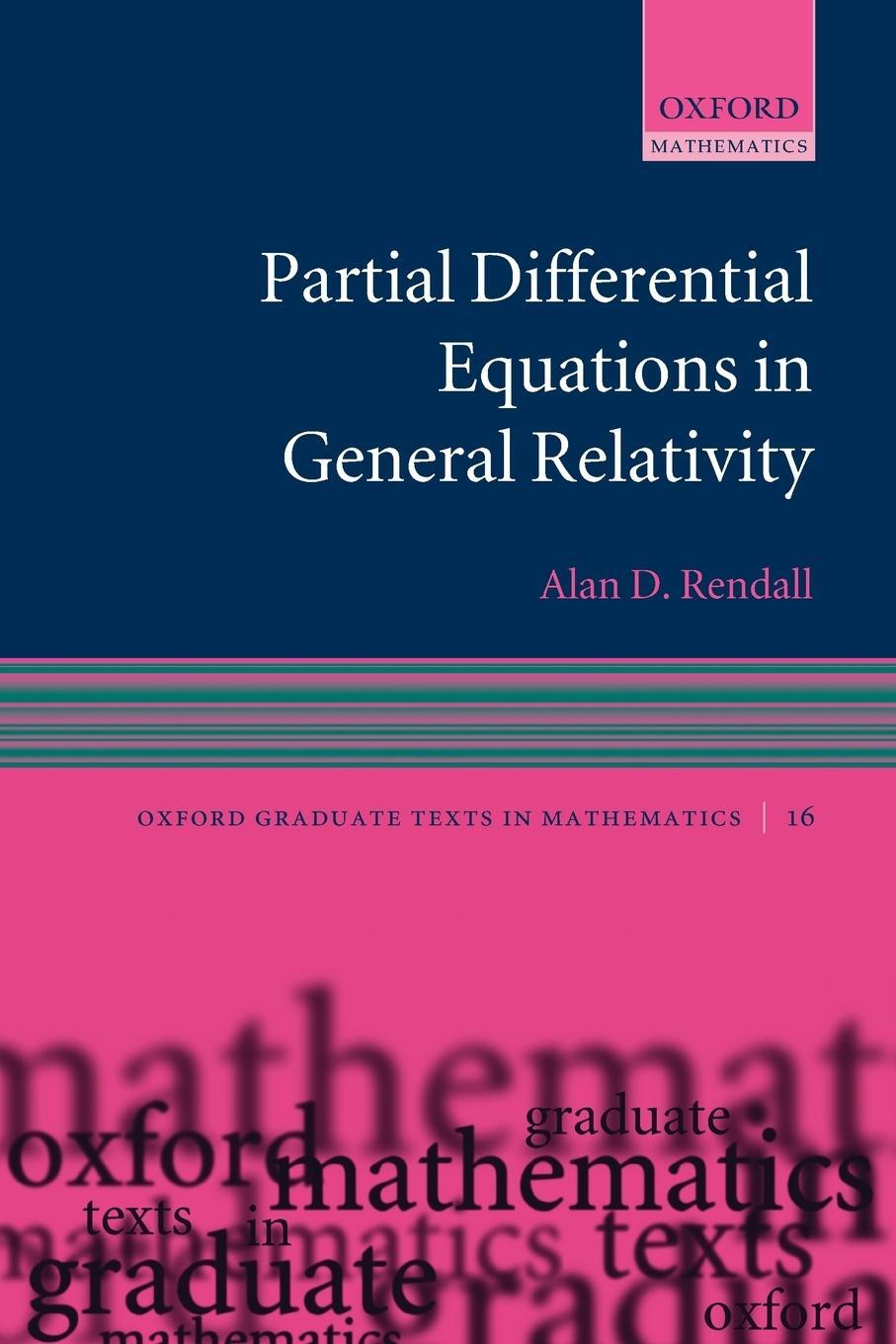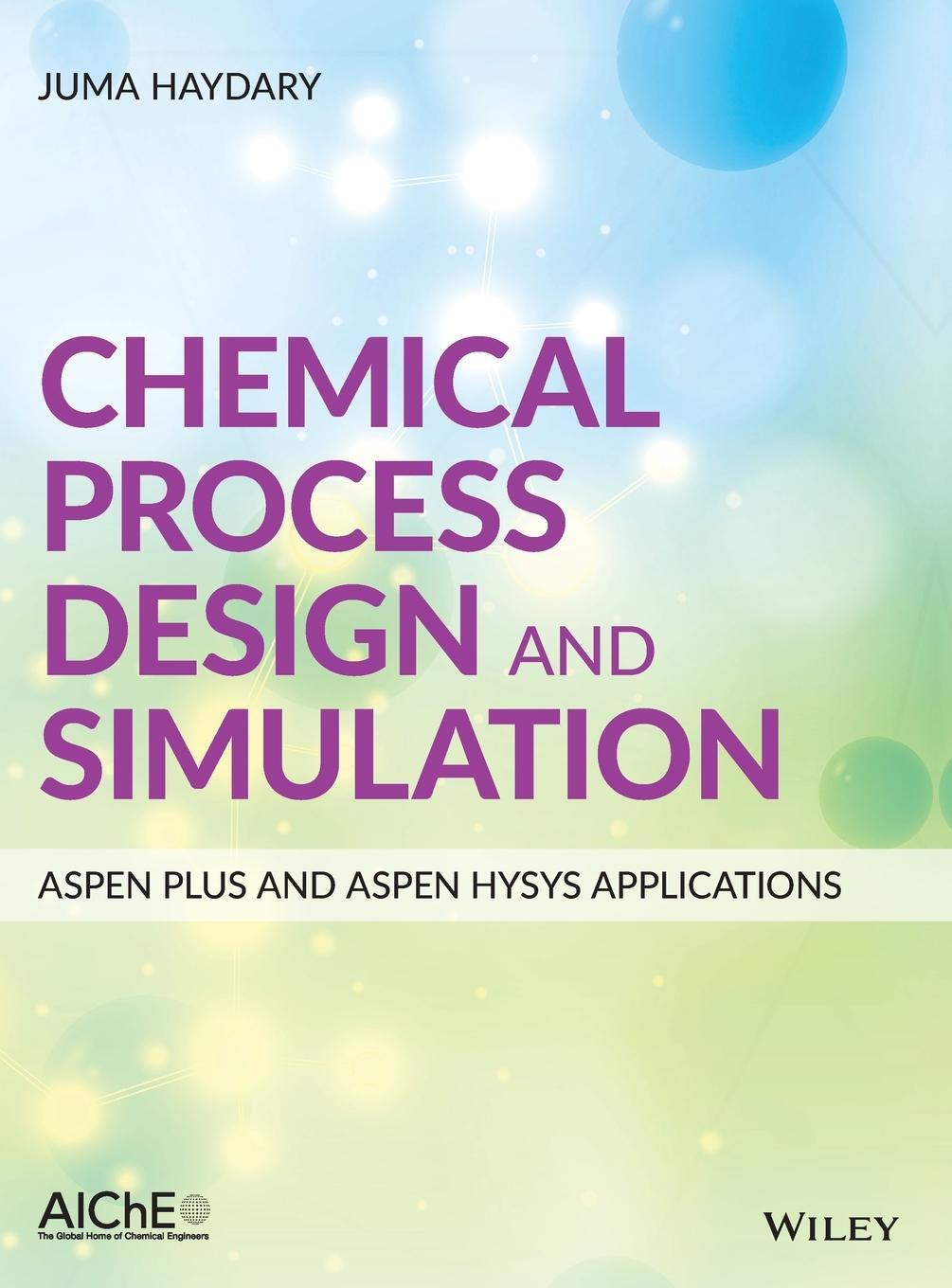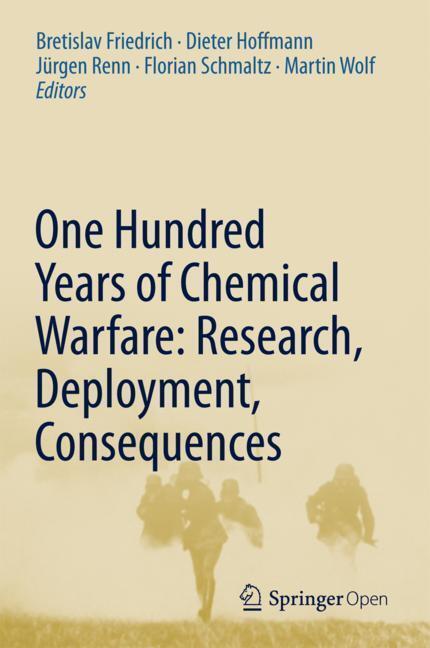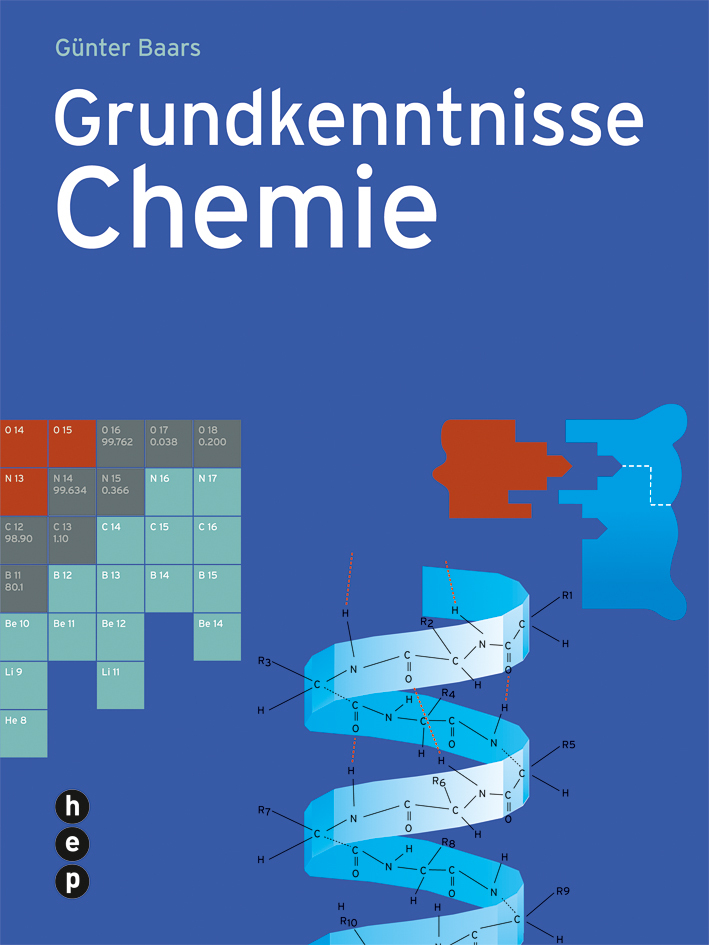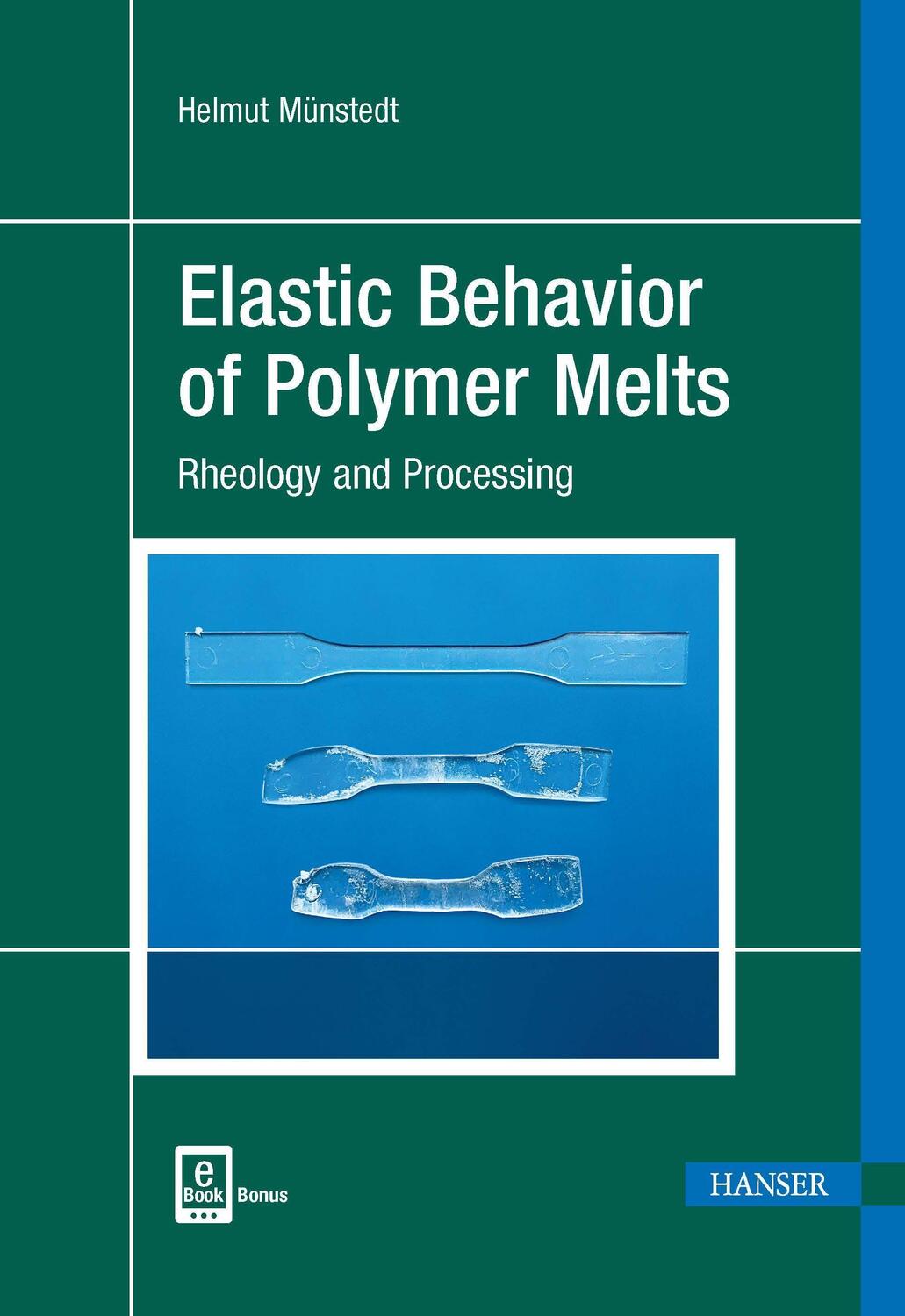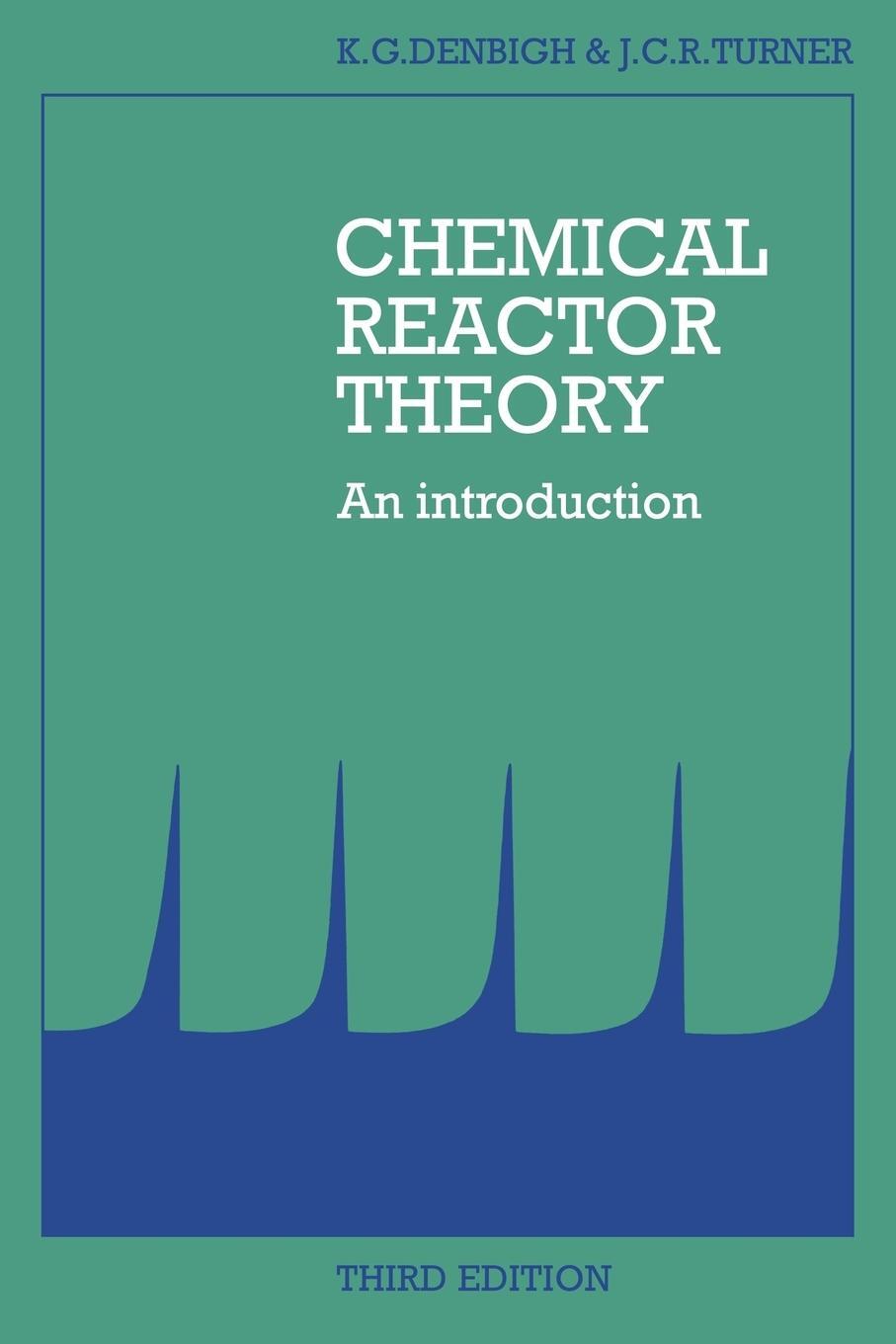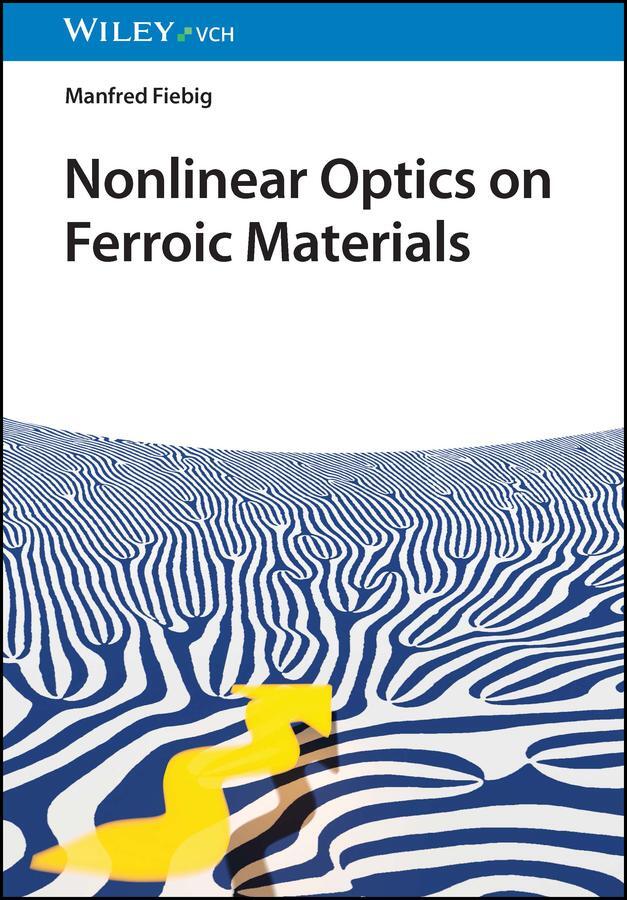Dekorationsartikel gehören nicht zum Leistungsumfang.
Sprache:
Englisch
53,10 €*
Versandkostenfrei per Post / DHL
Lieferzeit 1-2 Wochen
Kategorien:
Beschreibung
Essential reading for all undergraduate chemistry students, this engaging text has been carefully designed to help students successfully make the challenging transition from school through to university, get the most out of their education, and ultimately use their time at university to enhance their employability.
Essential reading for all undergraduate chemistry students, this engaging text has been carefully designed to help students successfully make the challenging transition from school through to university, get the most out of their education, and ultimately use their time at university to enhance their employability.
Über den Autor
Tina Overton is Professor of Chemistry Education at Monash University in Australia and Honorary Professor at the University of Nottingham, UK. Tina has published on the topics of critical thinking, context and problem-based learning, the development of problem solving skills, work-based learning and employability and has co-authored several textbooks in inorganic chemistry and skills development. She has been awarded the Royal Society of Chemistry's HE Teaching Award, Tertiary Education Award and Nyholm Prize, the Royal Australian Chemical Institute's Fensham Medal and is a National Teaching Fellow and Senior Fellow of the Higher Education Academy.
Stuart Johnson is the Director of the Careers Service at the University of Bristol. He obtained a BSc in Biological Sciences from the University of Leicester, and a Postgraduate Diploma in Learning and Development from Thames Valley University. He was previously the Deputy Director of the Career Development Service at the University of Leicester.
Professor Jon Scott is the Pro-Vice-Chancellor for Student Experience and Professor of Bioscience Education at the University of Leicester. He obtained a BSc in Biological Sciences and a PhD in Neurobiology from Durham University. He joined the University of Leicester as a lecturer in physiology since 1987 and went on to become the Director of Biological Studies.
Stuart Johnson is the Director of the Careers Service at the University of Bristol. He obtained a BSc in Biological Sciences from the University of Leicester, and a Postgraduate Diploma in Learning and Development from Thames Valley University. He was previously the Deputy Director of the Career Development Service at the University of Leicester.
Professor Jon Scott is the Pro-Vice-Chancellor for Student Experience and Professor of Bioscience Education at the University of Leicester. He obtained a BSc in Biological Sciences and a PhD in Neurobiology from Durham University. He joined the University of Leicester as a lecturer in physiology since 1987 and went on to become the Director of Biological Studies.
Inhaltsverzeichnis
- 1: Why are study and communication skills important?
- 2: Making the most of lectures
- 3: Making the most of tutorials and workshops
- 4: Making the most of group work
- 5: Making the most of practical work
- 6: Working with different information sources
- 7: Choosing the right writing style
- 8: Writing assignments
- 9: Writing practical and project reports
- 10: Communicating with a non-scientific audience
- 11: Avoiding plagiarism
- 12: Using feedback
- 13: Preparing scientific presentations
- 14: Delivering scientific presentations
- 15: Creating academic posters
- 16: Getting the most out of revision
- 17: Getting the most out of exams
- 18: Developing and articulating your skills
- 19: Career skills
Über den Autor
Tina Overton is Professor of Chemistry Education at Monash University in Australia and Honorary Professor at the University of Nottingham, UK. Tina has published on the topics of critical thinking, context and problem-based learning, the development of problem solving skills, work-based learning and employability and has co-authored several textbooks in inorganic chemistry and skills development. She has been awarded the Royal Society of Chemistry's HE Teaching Award, Tertiary Education Award and Nyholm Prize, the Royal Australian Chemical Institute's Fensham Medal and is a National Teaching Fellow and Senior Fellow of the Higher Education Academy.
Stuart Johnson is the Director of the Careers Service at the University of Bristol. He obtained a BSc in Biological Sciences from the University of Leicester, and a Postgraduate Diploma in Learning and Development from Thames Valley University. He was previously the Deputy Director of the Career Development Service at the University of Leicester.
Professor Jon Scott is the Pro-Vice-Chancellor for Student Experience and Professor of Bioscience Education at the University of Leicester. He obtained a BSc in Biological Sciences and a PhD in Neurobiology from Durham University. He joined the University of Leicester as a lecturer in physiology since 1987 and went on to become the Director of Biological Studies.
Stuart Johnson is the Director of the Careers Service at the University of Bristol. He obtained a BSc in Biological Sciences from the University of Leicester, and a Postgraduate Diploma in Learning and Development from Thames Valley University. He was previously the Deputy Director of the Career Development Service at the University of Leicester.
Professor Jon Scott is the Pro-Vice-Chancellor for Student Experience and Professor of Bioscience Education at the University of Leicester. He obtained a BSc in Biological Sciences and a PhD in Neurobiology from Durham University. He joined the University of Leicester as a lecturer in physiology since 1987 and went on to become the Director of Biological Studies.
Inhaltsverzeichnis
- 1: Why are study and communication skills important?
- 2: Making the most of lectures
- 3: Making the most of tutorials and workshops
- 4: Making the most of group work
- 5: Making the most of practical work
- 6: Working with different information sources
- 7: Choosing the right writing style
- 8: Writing assignments
- 9: Writing practical and project reports
- 10: Communicating with a non-scientific audience
- 11: Avoiding plagiarism
- 12: Using feedback
- 13: Preparing scientific presentations
- 14: Delivering scientific presentations
- 15: Creating academic posters
- 16: Getting the most out of revision
- 17: Getting the most out of exams
- 18: Developing and articulating your skills
- 19: Career skills
Warnhinweis

